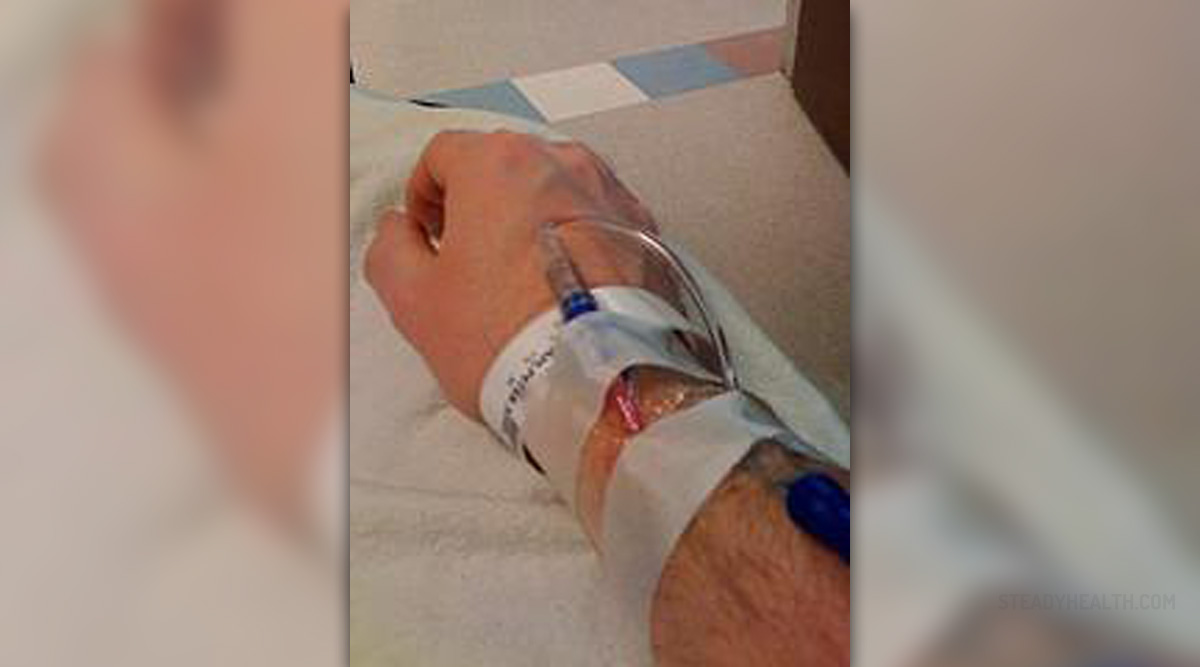
Swelling is a normal tissue reaction after surgery. This side effect develops as a result of extravasation (a medical term that essentially means leakage) of fluid into the operated and nearby area. This post-operative swelling eventually subsides, but there are ways to reduce it and accelerate excess fluid removal from the affected tissues.
How to Reduce Post-operative Swelling?
Even though many people feel dizzy and exhausted the very day after the surgery, after a couple of days they start to feel better and are capable of performing some activities.
Your diet may be different and slightly lighter after the surgery, but this is not a worry with regard to swelling because people soon return to their normal lives. During this period when swelling is the most intensive patients alone, or assisted by a family member or a friend, can take some steps to reduce swelling by ridding themselves of the extra fluid that accumulated around the site of surgery. There are different ways to deal with this edema or fluid buildup. Some of them are cold compresses, proper diet, intake of sufficient fluids and wearing compression garments.
Cold compresses
Ice packs or cold compresses represent quite an easy way to deal with swelling. It is a well known fact that after injuries, people first search for some cold objects to place over the injured area. By applying cold compresses or ice packs, the excess fluid stops accumulating in the operated area. This happens because the ice leads to vasoconstriction ("narrowing the blood vessels"), and in this way reduces extravasation of fluid into the intercellular space.
The best effects are achieved if the operated area is exposed to cold for 20 minutes, 4-5 times per day. It is only essential to mention that ice should never be placed directly onto the skin, most especially if it has an open wound or surgical stitches. Prior to application, any ice packs must be wrapped into a (clean!) towel or some cloth.
Staying properly hydrated
In spite of the fact that there is excess fluid around the operated site, this does not mean that the body has an overall excess of water. On the contrary, the body needs sufficient amounts of water in order to flush out anesthetics and many other waste products which have remained after the surgery. So, in order to be well-hydrated drink up to 12, 8-oz glasses of water per day.
A healthy postoperative diet
In order for the body to recover from any surgery more quickly and for all the damage to be repaired as soon as possible, one needs to consume certain foods after the surgery. For instance, foods rich in proteins, omega-3 fatty acids and minerals are the best option for rapid body regeneration. Such foods can also efficiently deal with postoperative swelling.
On the other hand, there are also foods you should avoid after having an operation. A high salt intake will create problems, as salt acts as a natural diuretic, which means it reduces the level of water you have in your body. You don't need to shun salt altogether, but processed foods with very high salt content are a no-no during this time. Healthy home-made foods (not by you while you are still recovering!) that speed your recovery process up could include soups with leafy green veggies, and chicken or if you like fish, for the omega-3.
Compression garments
Compression garments apply pressure directly onto the swollen body parts, this way preventing further swelling and reducing the already existing swelling. Such clothes comes in all shapes and sizes. This a great way of improving circulation at the operated site, but please do discuss using a compression garment with your doctor before going ahead.


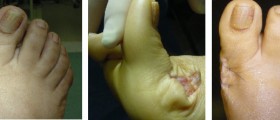
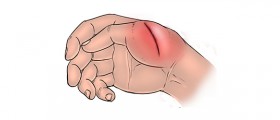

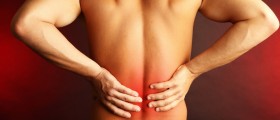

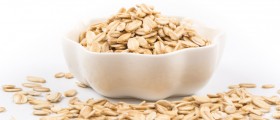

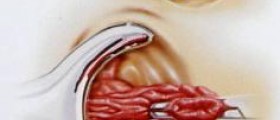
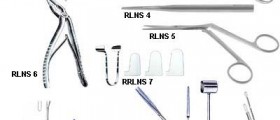
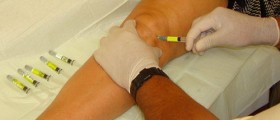


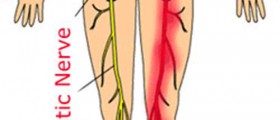


Your thoughts on this
Loading...